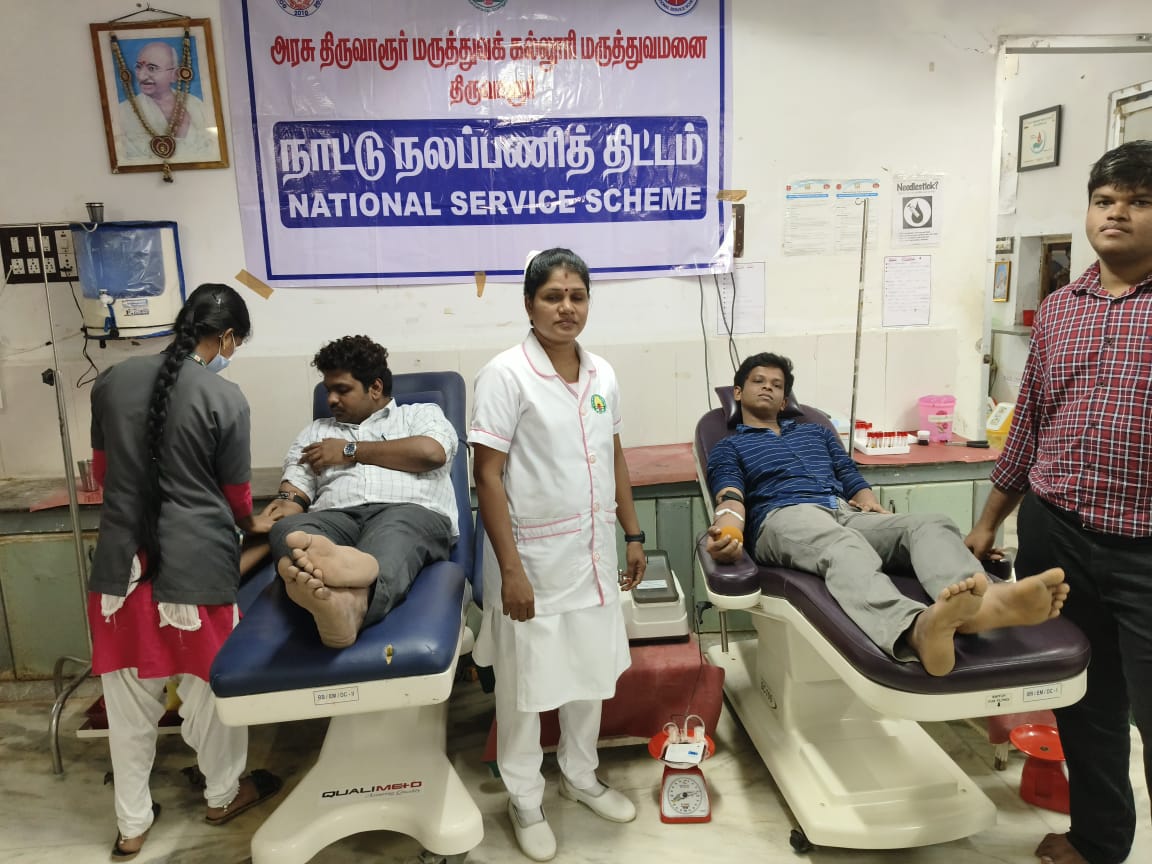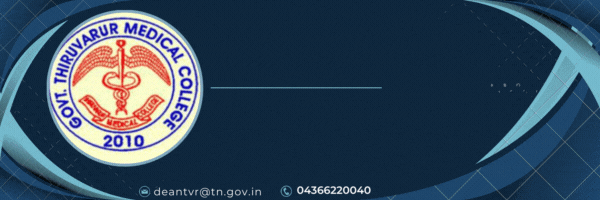National Service Scheme (NSS) has emerged as a great student movement in the country with its implementation starting from Universities to Schools with the prime objective of personality development of students through its meaningful activities. The young students have to be brought up with good qualities like concern for fellow human beings, practising national integration, patriotism, brotherhood behaviour, leadership qualities, self confidence and tolerance. Educational institutions have been using the scheme as a tool to shape the character and behaviour of our youth and mould them as responsible citizens. It has been functioning as well structured permanent scheme under the Ministry of Youth Affairs & Sports.
NSS activities are mainly categorized into two categories namely
- Regular NSS activities and
- Special Camping Programmes
Broad Objectives of NSS are to:
- Understand the community in which they work
- Understand themselves in relation to their community
- Identify the needs and problems of the community and involve them in problem solving process
- Develop among themselves a sense of social and civic responsibility
- Utilize their knowledge in finding practical solution to individual and community problems
- Develop competence required for group living and sharing of responsibilities
- Gain skills in mobilizing community participation
- Acquire leadership qualities and democratic attitude
- Develop capacity to meet emergencies and natural disasters and
- Practice national integration and social harmony
Motto of NSS is: “NOT ME BUT YOU”. This reflects the essence of democratic living and upholds the need for selfless service and appreciation of the other person’s point of view and also to show consideration for fellow human beings. It underlines that the welfare of an individual is ultimately dependent on the welfare of society on the whole.

Inauguration of NSS Unit
NAAN MUDHALVAN SCHEME
ACTIVITIES:
The Chief Minister of Tamil Nadu introduced the ambitious Tamil Nadu Naan Mudhalvan Scheme for skill development. Through this program, the government will annually equip 10 million youth across the state with the skills they need to actualize their talents for the benefit of the nation. Talented pupils in government-run and State-run educational institutions will receive academic counseling through this program. This program will identify students’ talents and provide them with training that will ultimately aid them in obtaining a better career.
Students will receive spoken English lessons through this program so that they can effectively confront the interview panel. Through this program, training modules in coding and robotics will also be provided. In addition, psychological counselors and medical physicians will provide guidance on the student’s nutrition, physical fitness, and overall personality development. Under this program, training will be offered both physically and virtually. In addition, a guidance office will be established in each school for the implementation of this plan. Eleventh- and twelfth-grade students will be provided with a distinct curriculum and continuous courses. In addition, a mentoring system will be implemented with the assistance of alumni.
In consideration of the demand, classes in foreign languages will be offered to students in order to prepare them for employment opportunities abroad. Both the institution and the district will have their own training facility. Technical Institute will attain parity with industry standards. This program will be overseen by the Chief Minister and implemented by a committee led by the collector at the district level.
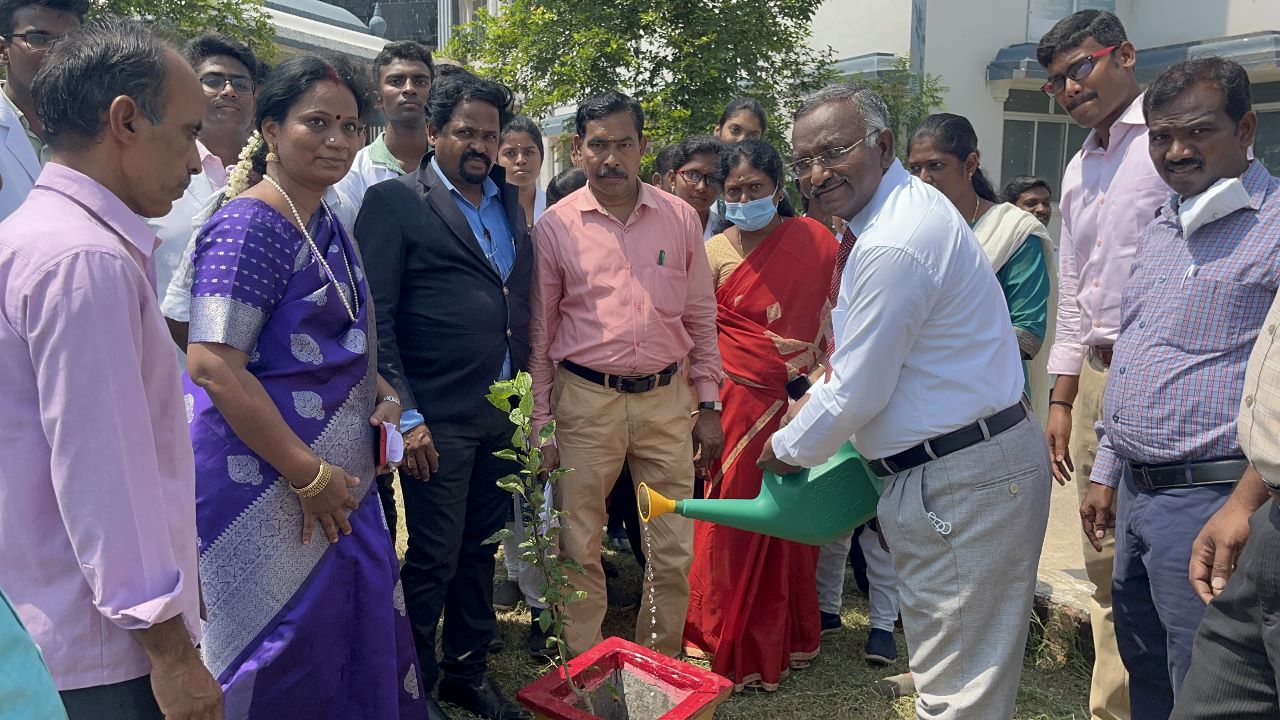
VAN MAHOTSAV WEEK
Van Mahotsava Week 2023 was celebrated from July 01, 2023 to July 07, 2023. “If a tree is saved even at cost of one’s head, it’s worth it” said the noted activist Amrita Devi Bishnoi. This is the reason why India has so many festivals related to trees. One of them is the Van Mahotsav Day or the Forest Day. It was started as a crusade with the lofty purpose of saving the mother earth.
Van Mahotsav was started in 1950 by K.M.Munshi, the then Union Minster for Agriculture and Food to create enthusiasm among masses for forest conservation and planting trees. It is a week-long festival, celebrated on different days in different parts of India.
Trees and forests play a very crucial role in maintaining an ecological balance and providing oxygen to human beings on the planet. Trees contribute to the production of food resources, maintain ecological balance, improve air quality, climate amelioration, conserves water, preserves soil, supports wildlife, reduces drought and prevents soil erosion and pollution.
Van Mahotsav Week is a reminder that we must protect forests and stop deforestation and practice the 3R rule – Reduce, Reuse and Recycle.
In its original aim, every citizen of India is expected to plant a sapling during the Van Mahotsav Week. Also, awareness campaigns about benefits and protection of trees and the harm caused by cutting down of trees are held. It is the festival of life.
Humans with their greedy needs have cut down a large part of the forest cover. In the name of urbanization and globalization of cities, trees were considered as the major stumbling block. They came in the way of flyovers, roads, hoardings and pavements and hence the easiest solution was to get rid of them altogether. This declining number of trees has brought a major change in climate too. So there is a dire necessity of festivals such as Van Mahotsav, to restore the forest cover in the country.
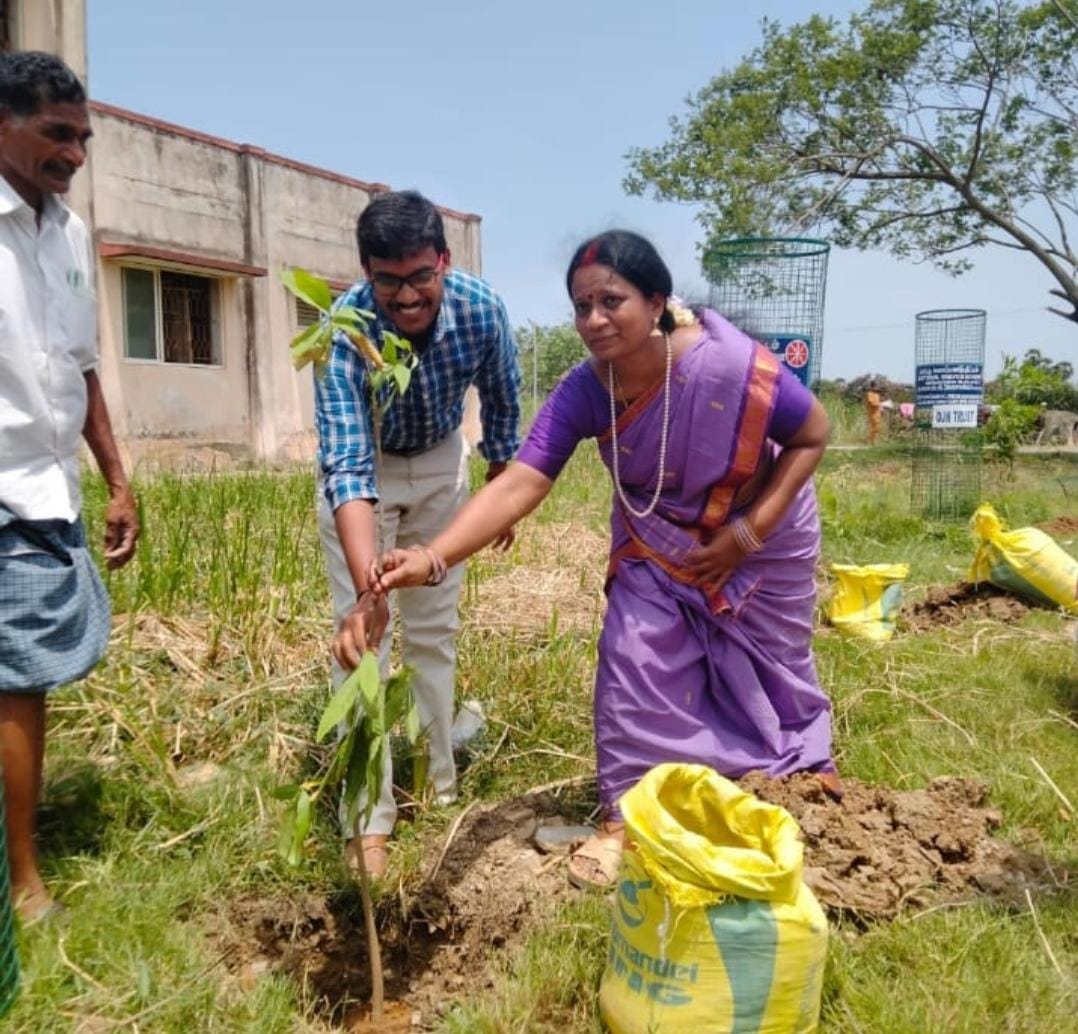
WORLD POPULATION DAY
World Population Day is celebrated annually on July 11th. The primary purpose of the celebration is to focus on the people living all over the world and to let them know about the importance of population issues. The ultimate aim of this celebration is to highlight the difficulties created by overpopulation. It causes severe troubles to the ecosystem and to the progress of humanity. It is mandatory to raise awareness about the harm caused by overpopulation.
Population explosion can be defined as the sudden increase in the total number of people in the world, putting greater pressure on the resources of the world. Many developing nations like India are experiencing this threat caused by the rapid population growth, and overpopulation has become a serious matter of concern. An increase in the total population of a nation affects the overall condition of a nation in multiple ways. So it is essential to raise awareness among the people about the issue of population explosion on World Population Day.
Increase in birth rate is one of the major reasons for population explosion. The birth rate is the total number of individuals born in a particular population in a given amount of time. A high birth rate is one of the major reasons responsible for the growth of the total population in a nation.
Decrease in death rate is the second main reason. Death rate or mortality rate is the total number of individual deaths happening in a particular population in a given amount of time. Progress in medical technologies has highly favoured decreasing the nation’s death rate. The number of people dying because of the lack of medical support is very low.
Poverty and low standard of living is another reason for the increase of population. The number of poor people living in this world is many times higher than the rich ones. Unless timely measures are taken, the world population will increase to a point beyond which Mother Nature can no longer support life on earth.
World Population day theme for 2023 is Unleashing the power of gender equality – Uplifting the voices of women and girls to unlock our world’s infinite possibilities. Realizing sexual and reproductive health and rights for all is the foundation for gender equality, dignity and opportunity.
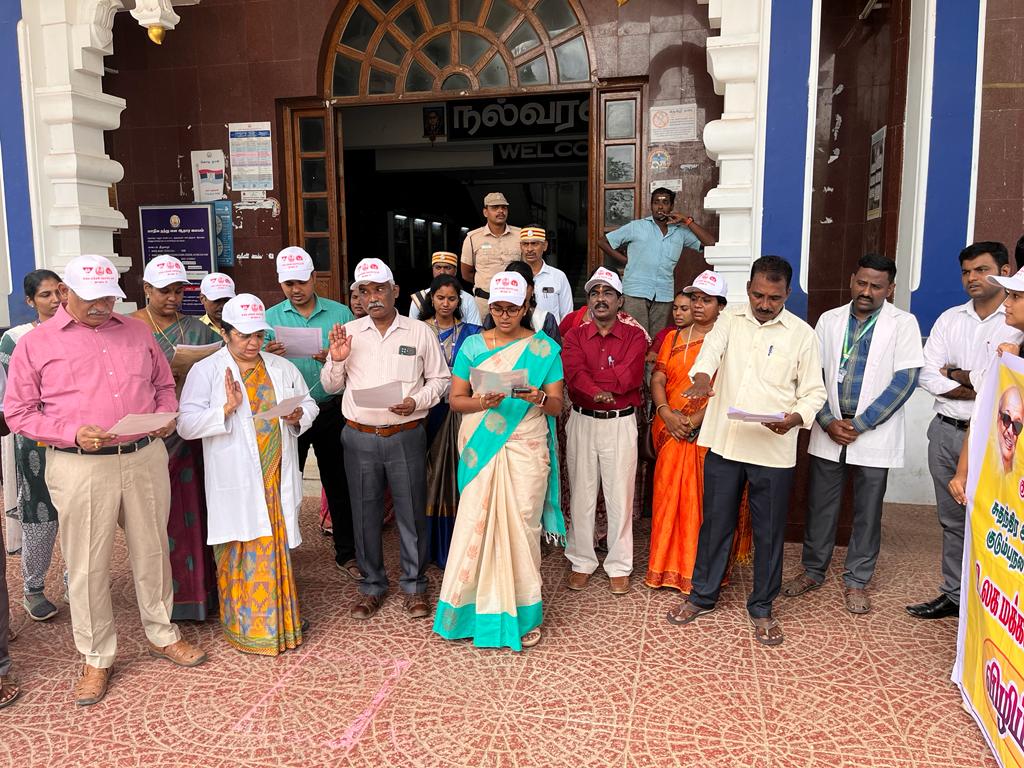
INDIAN ORGAN DONATION DAY
Indian Organ Donation Day is observed every year from the 3rd of August, commemorating India’s first successful deceased-donor heart transplant on August 3rd, 1994. On this day, people from various organisations around India honour the lives of those who have donated their organs and spark the light of hope both in patients requiring organs and as well as in their families.
The national organ day is celebrated on the 27th of November until 2022, which was started in 2010 under the Ministry of Health & Family Welfare by the National Organ and Tissue Transplant Organization (NOTTO). In 2023, the day is shifted to August 3rd, commemorating the success of first deceased heart transplant in India on August 3rd, 1994.
As of March 2020, more than 1, 12,000 Indians were waiting for a transplant, and a new name was added to the national transplant waiting list every 10 minutes. As per a 2020 research report in India, everyday 20 patients who in dire need of an organ transplant tragically pass away due to the organ unavailability. The report added the waiting list for 2020 for a transplant (1, 12,568) is almost three times the number of transplants (39,718) that happened with 19,267 donors in 2019.
Therefore, Indian Organ Donation Day plays a pivotal role in raising public awareness about donating an organ, either living or after death (caused by a brain or cardiac death) and paying tribute to those who have sacrificed for the benefit of others.
In 2023, the Indian Organ Donation Day resolution is “Donate Organs, Save Lives”, a national call to enhance awareness about deceased brain stem death and organ donation, debunk common myths and misconceptions about organ donation and motivate the citizens to donate organs and tissues after death, as well as to internalize the values of organ donation in their life.
Indian Organ Donation Day strives to clear the lacunae between the number of persons in need of organ transplants and the number of donors, thus creating a platform to encourage more people to be front-line soldiers for a noble cause.
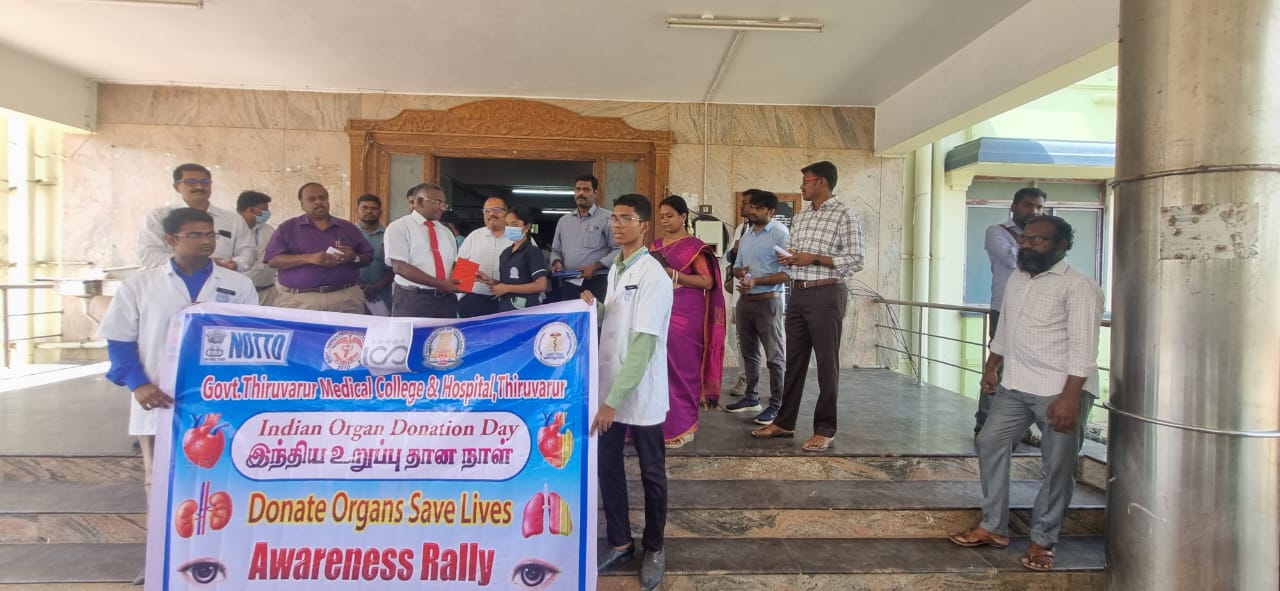
SWACHCHATA HI SEVA
Swachhata Hi Seva (SHS) campaign is being celebrated from 15th September to 2nd October .This campaign is under the joint aegis of DDWS ( Department of drinking water supply) & MoHUA (Ministry of housing and urban affairs).
This SHS campaign is for undertaking volunteers participating activities aiming to generate mass movement through community participation, to provide impetus on implementation of Swachh Bharat Mission, to disseminate the importance of a sampoorna swachh village, to reinforce the concept of Sanitation as everyone’s business; and as a prelude for the Swachh Bharat Diwas (2nd October) with nationwide participation.
Theme of SHS-2023 is ‘Garbage Free India’ with focus on visual cleanliness and welfare of Safai Mitras(sewers and septic tank cleaners). Like earlier years the spirit of cleanliness activities is voluntarism/ shramdaan.
The focus of these swachhata drives would be on high footfall public places like bus stands, railway stations, cantonment boards, beaches, tourist places, zoos, national parks & sanctuaries, historical monuments, heritage sites, river fronts, ghats, drains and nallahs etc. in both rural & urban areas of State/ UT.
Swachhata Hi Seva, a massive cleanliness drive led by people across the country as a tribute to Mahatma Gandhi. Cleanliness drives and awareness activities taken up in all institutions understanding the importance of waste segregation at source, journey of waste, waste to wealth promoting the sanitation journey of the country.
Removal of garbages from all places and assist in drives to clean riverbanks and removal of waste including plastic from water bodies, and with regulation of plastic materials into protected areas to prevent littering and to discourage usage of single use plastic items, saturating dry and wet waste bins, and encouraging alternatives to single use plastics.
Beyond just cleanliness, we blended fitness and well being also in to the mix. A healthy environment begins with a clean environment.
Let’s keep India clean.
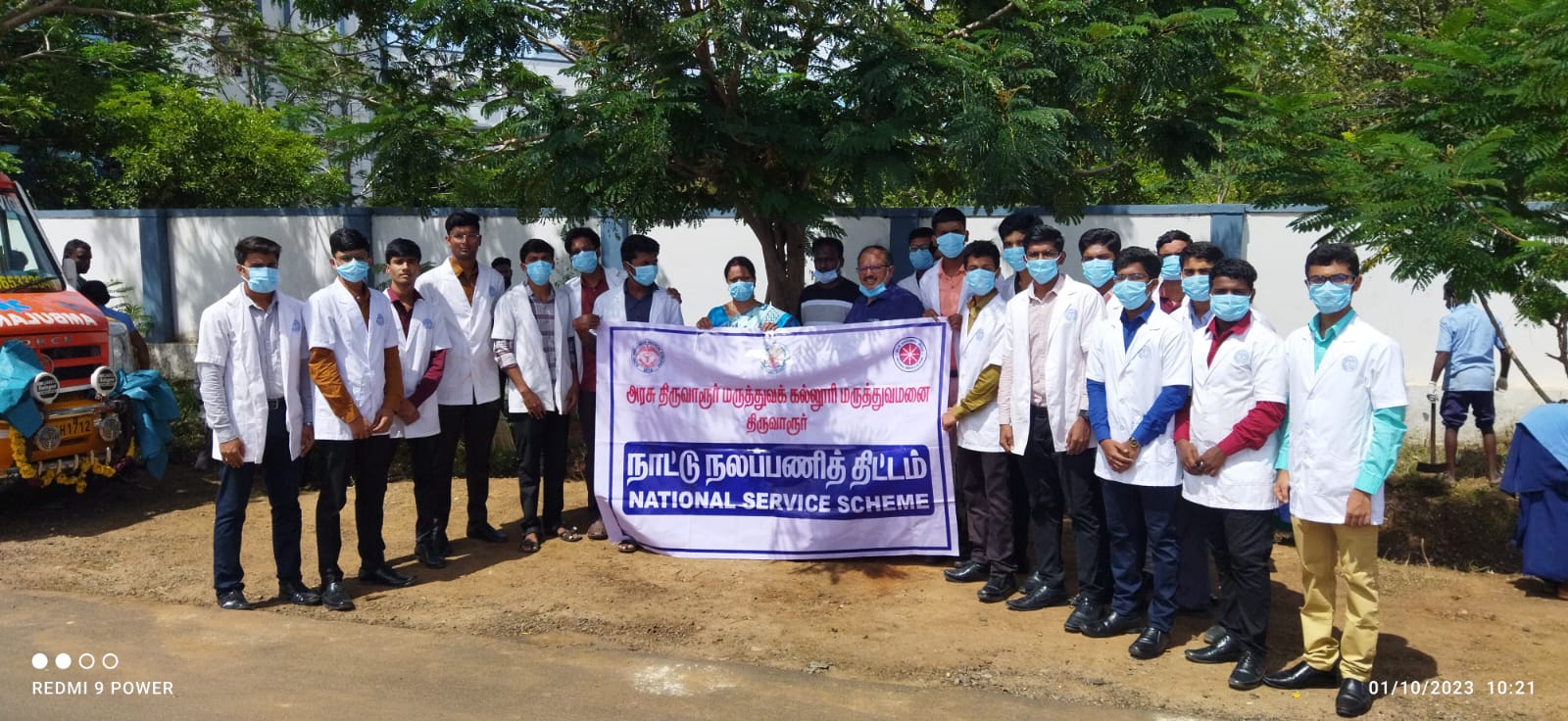
BLOOD DONATION CAMP
Blood donation was done for several reasons such as general awareness regarding the demand for blood, helping a friend or relative like that. Despite many reasons that people donate, not enough potential donors actively donate.
Potential donors are evaluated for anything that might make their blood unsafe for use. Donor must also answer questions about medical history and take a short physical examination to make sure the donation is not hazardous to their health. Donors are typically required to give consent for the process, and meet a certain criteria such as weight and haemoglobin levels. Donors are examined for signs and symptoms of diseases that can be transmitted in a blood transfusion, such as HIV, Malaria and Viral hepatitis.
Donated blood is tested for the following 4 Core tests:
- Hepatitis B surface antigen
- Antibody to Hepatitis C
- Antibody to HIV, usually subtypes 1 & 2
- Serologic test for syphilis
Blood donations are divided into groups based on who will receive the collected blood. An allogeneic donation is when a donor gives blood for storage at a blood bank for transfusion to an unknown recipient. When a person has blood stored that will be transfused back to the donor at a later date, usually after surgery, that is called an autologous donation. An event where donors come to donate allogeneic blood is sometimes called a ‘Blood drive’ or ‘Blood donor session’.
Donors are usually kept at the donation site for 10 – 15 minutes after donating since most adverse reactions take place during or immediately after the donation. Blood centers provide light refreshments, such as orange juice and cookies to help the donor recover. The needle site is covered with a bandage and the donor is directed to keep the bandage on for several hours.
